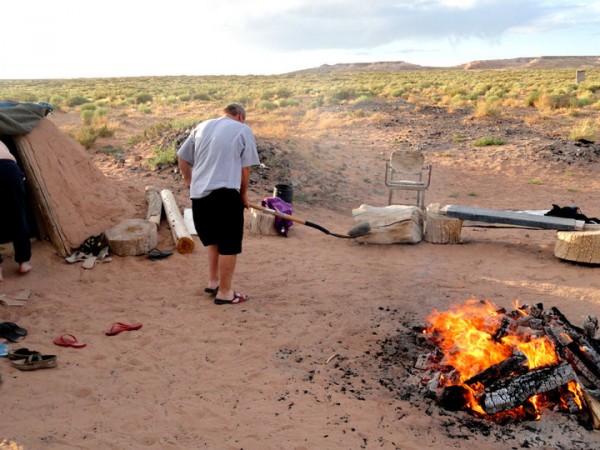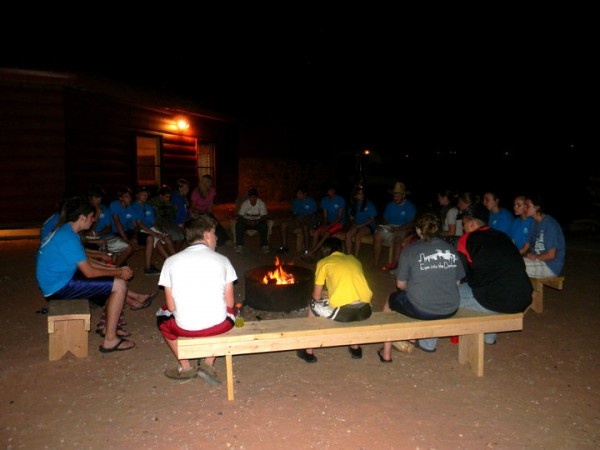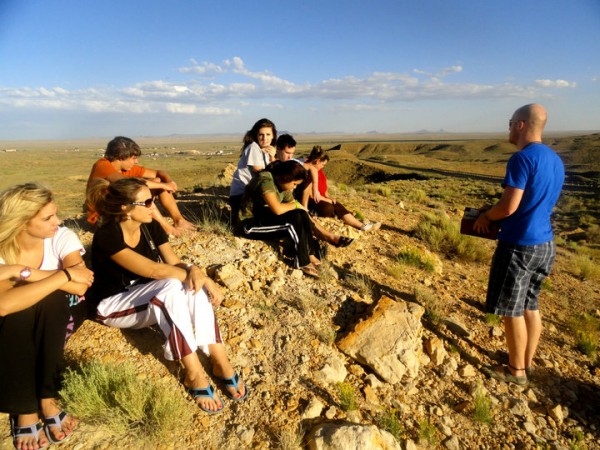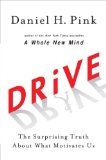Bible class audio for July 18, 2010: [audio:http://www.gregchaney.com/wordpress/audio/0718_092104.MP3]
Bible class audio for July 25, 2010
[audio:http://www.gregchaney.com/wordpress/audio/0725_091856.MP3]
1. Elephant and the Rider (monkey) from the Happiness Hypothesis Jonathan Haidt (University of Virginia psychologist)
Weakness vs Strengths
Elephant (Emotions): lazy and skittish, quick payoff over long term gain (ice cream vs thin)
Rider (Rational) : think long term, think beyond the moment, to plan
Strengths vs Weaknesses
Elephant: Compassion, sympathy and loyalty, protection instinct, love
Rider: overanalyze, over-thinks, spins wheels, mechanical, no passion
When rational thinking and emotions disagree…emotions always win.
Plato: In our heads we have a rational charioteer who has to rein in an unruly horse that “barely yields to horsewhip and goad combined”
2. Understanding the blessing of Jesus
- The first four deal with our own state of being, the second how we deal with others
- They build on each other
- Are about our heart (emotions) not our head (rational)
- Don’t look for a list of commands to follow but a way of approaching God




